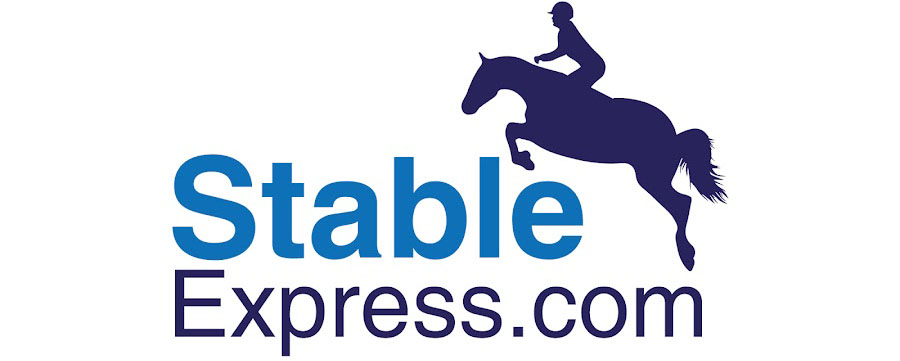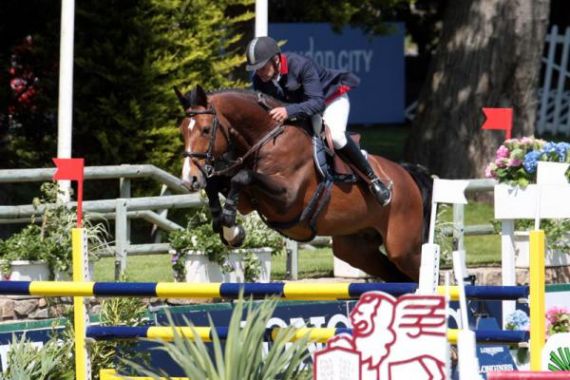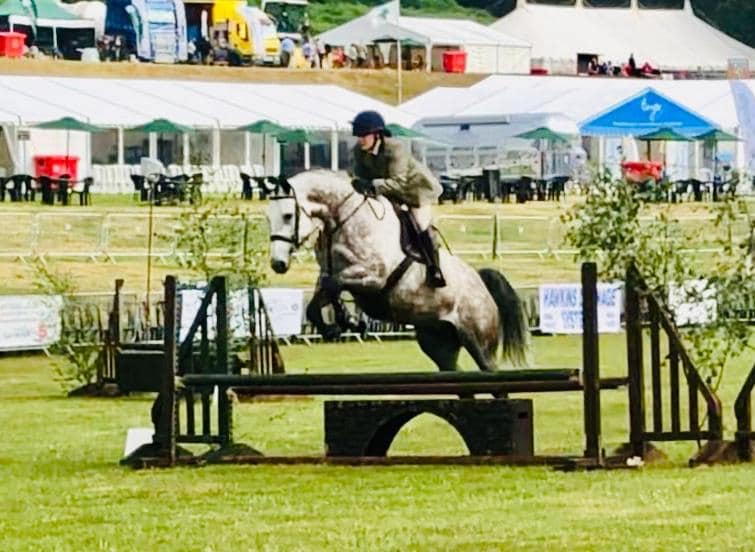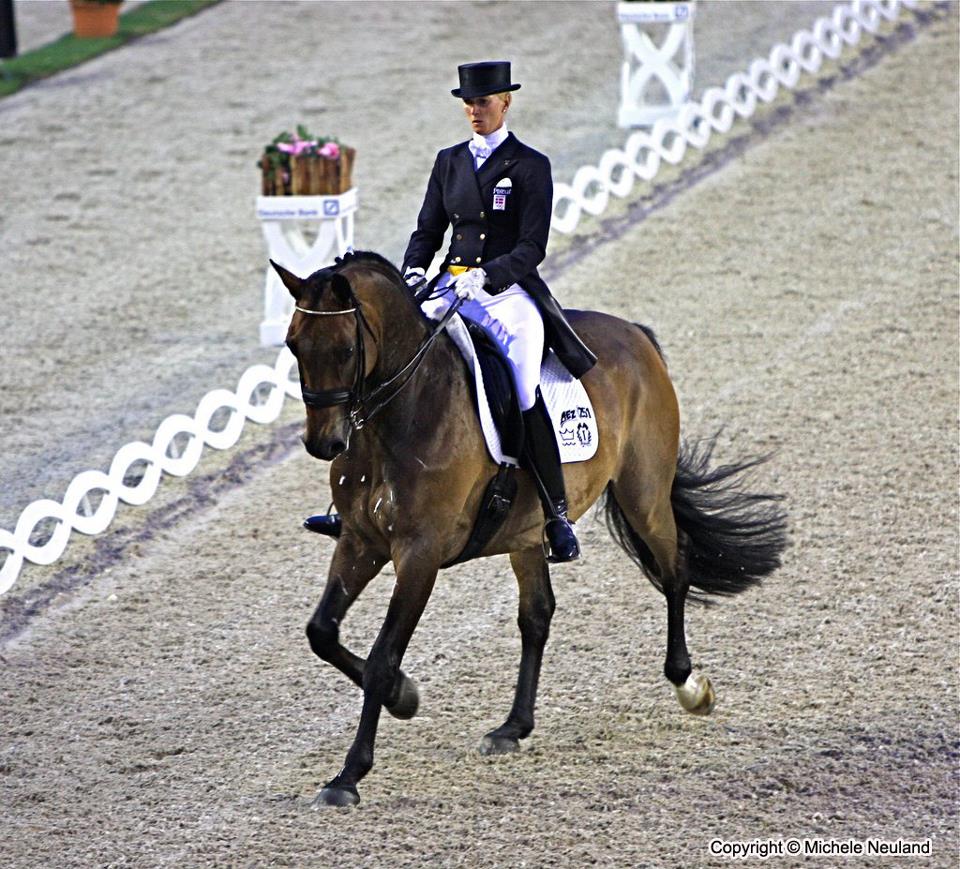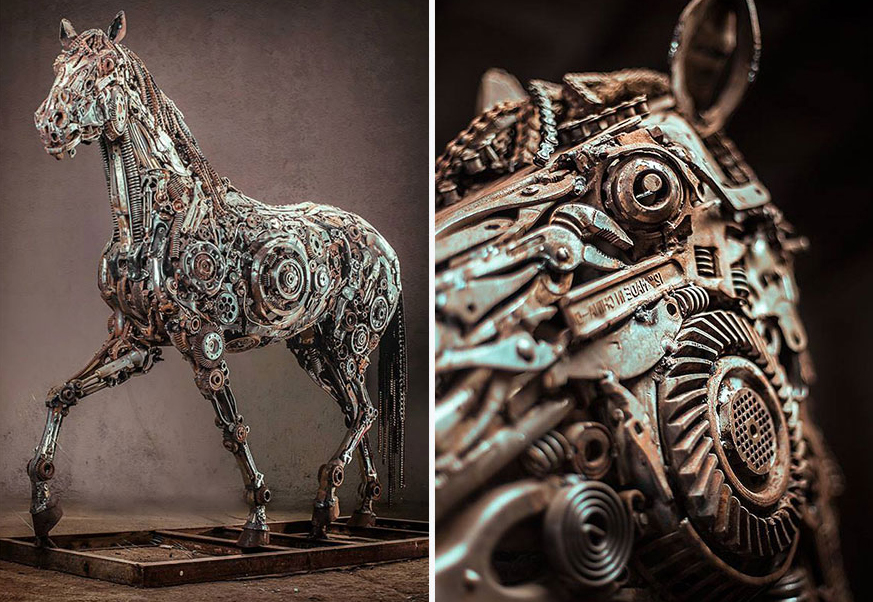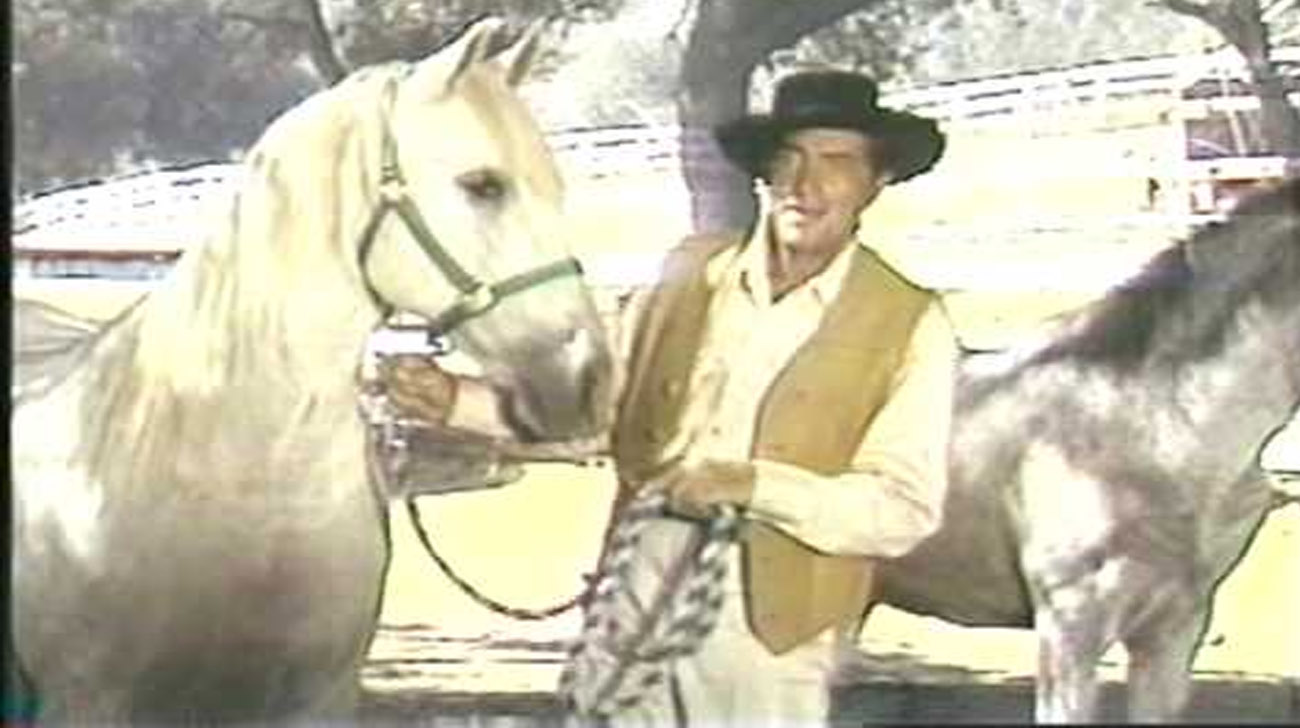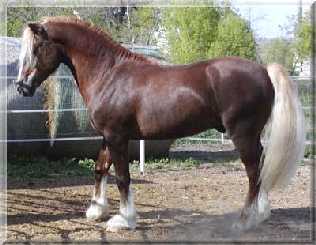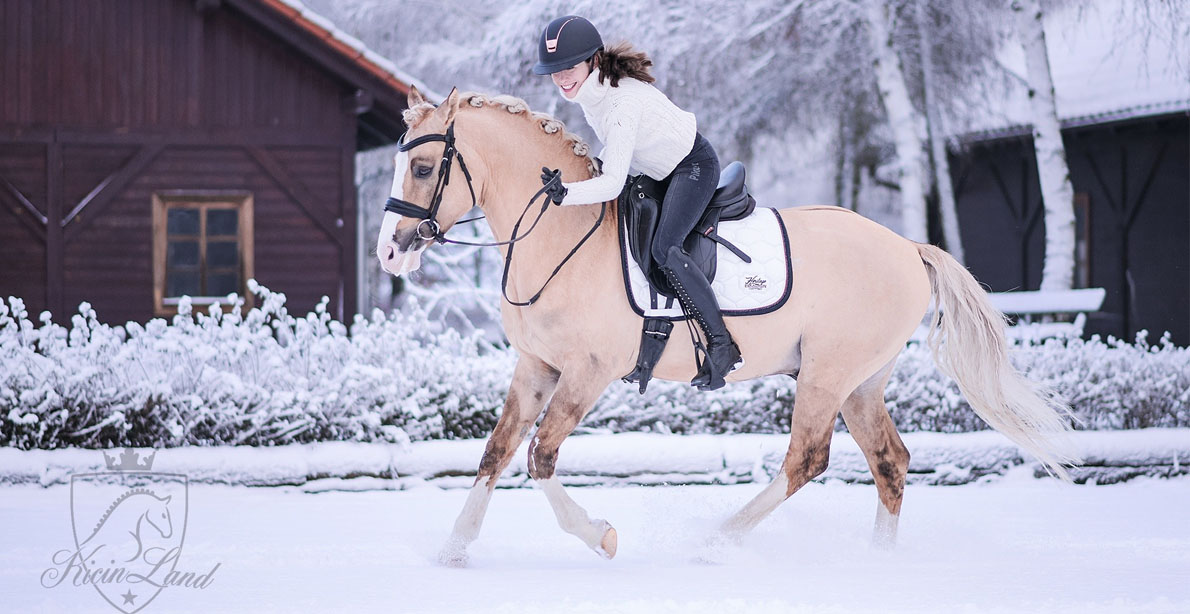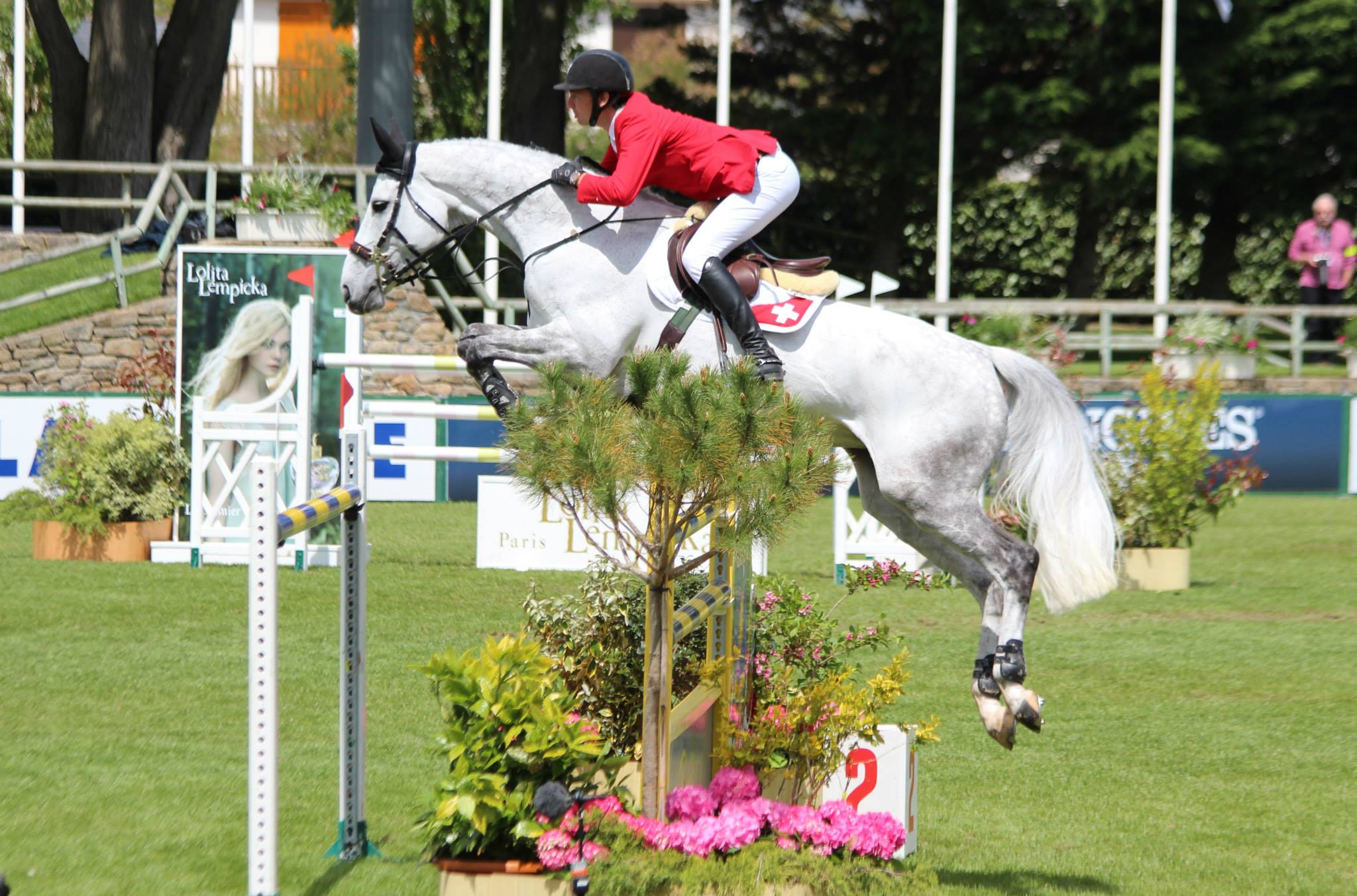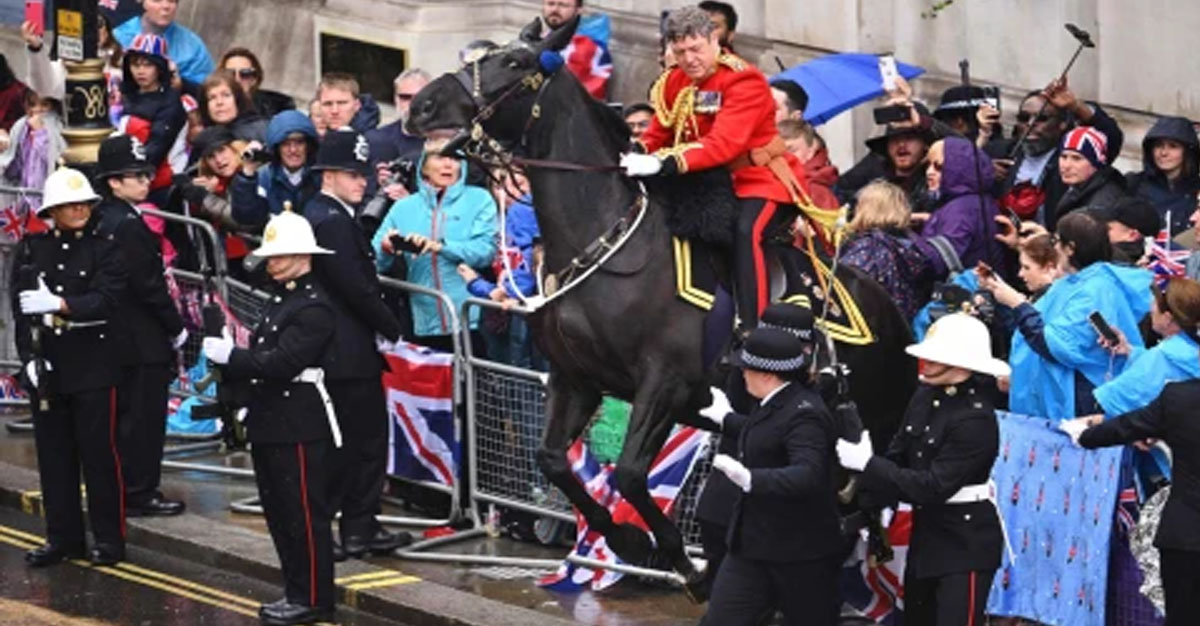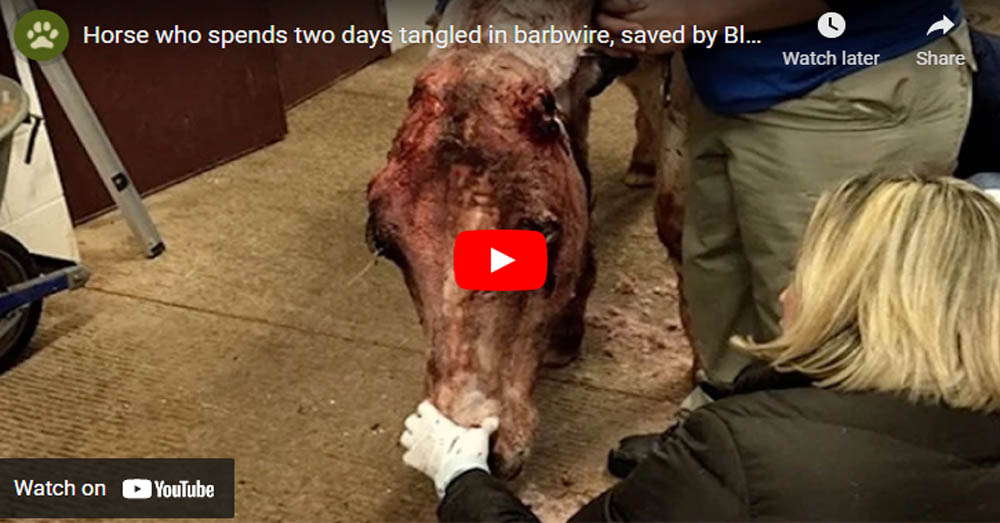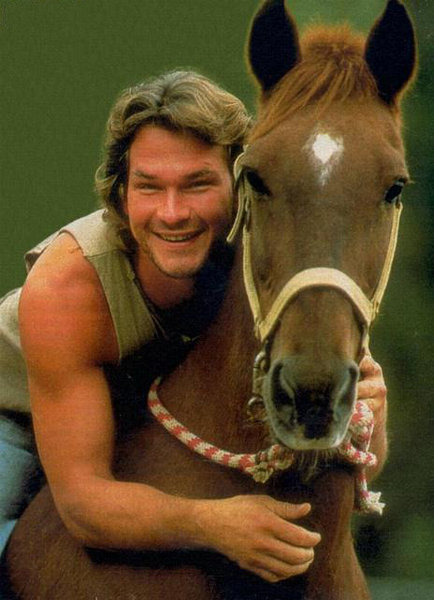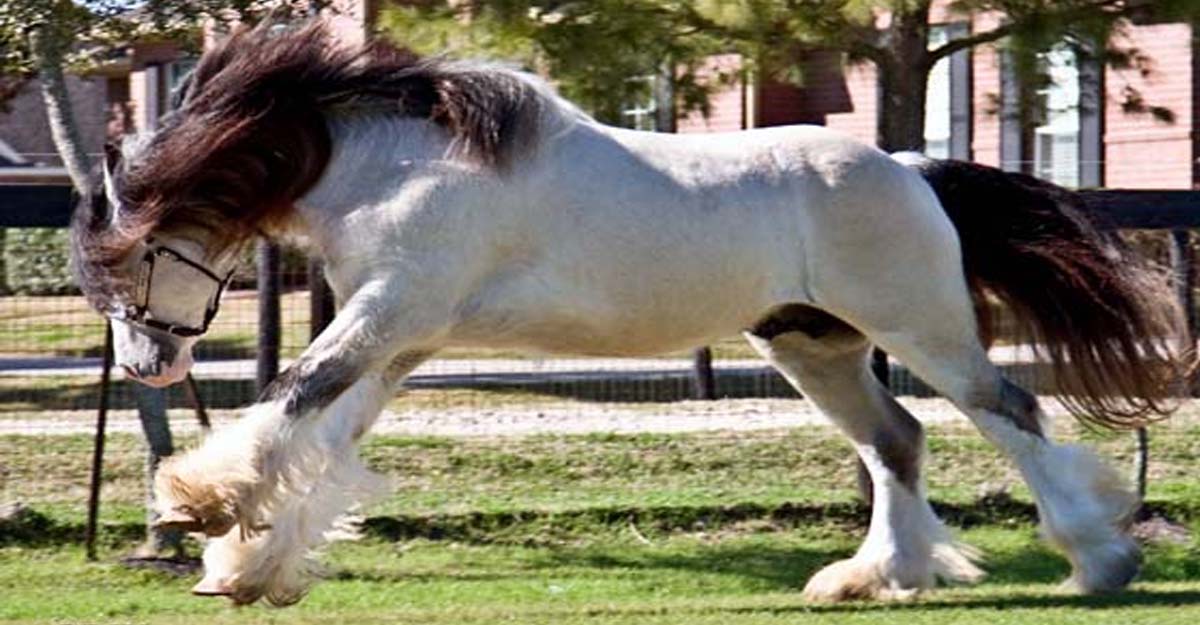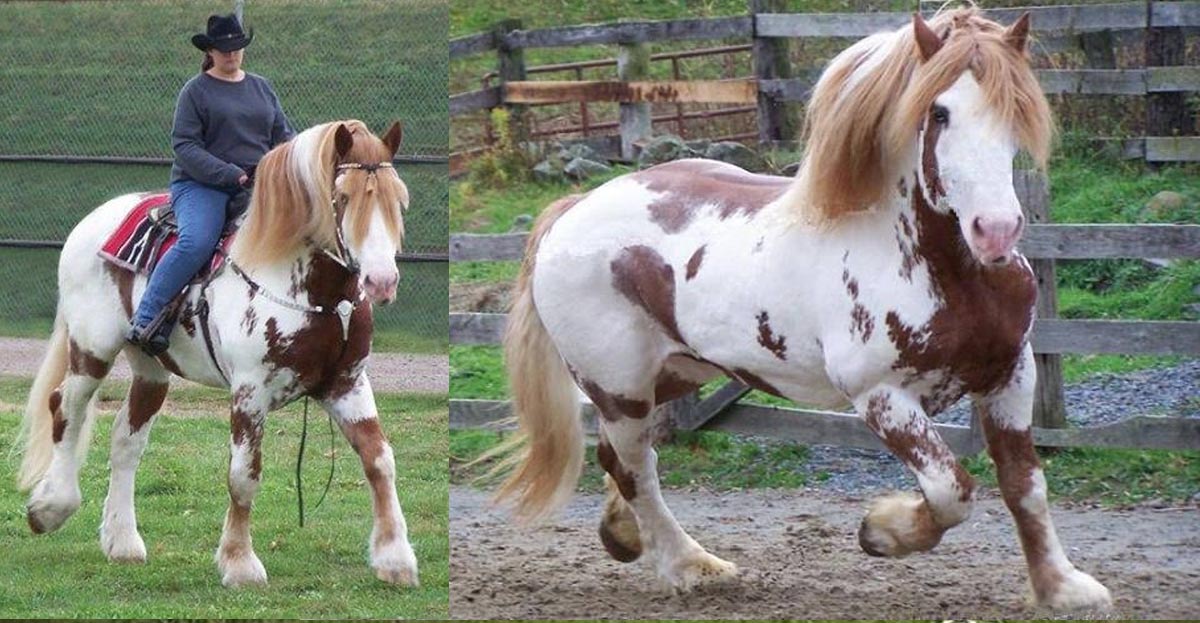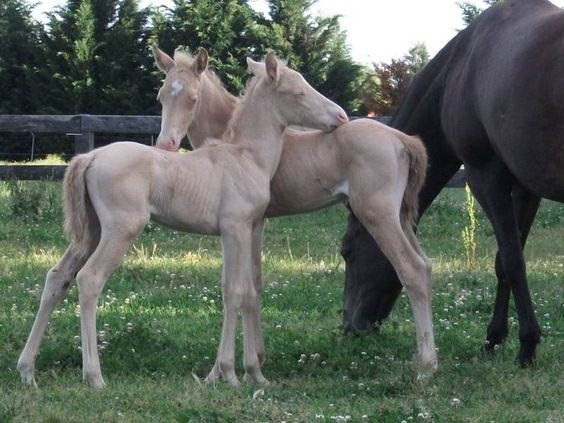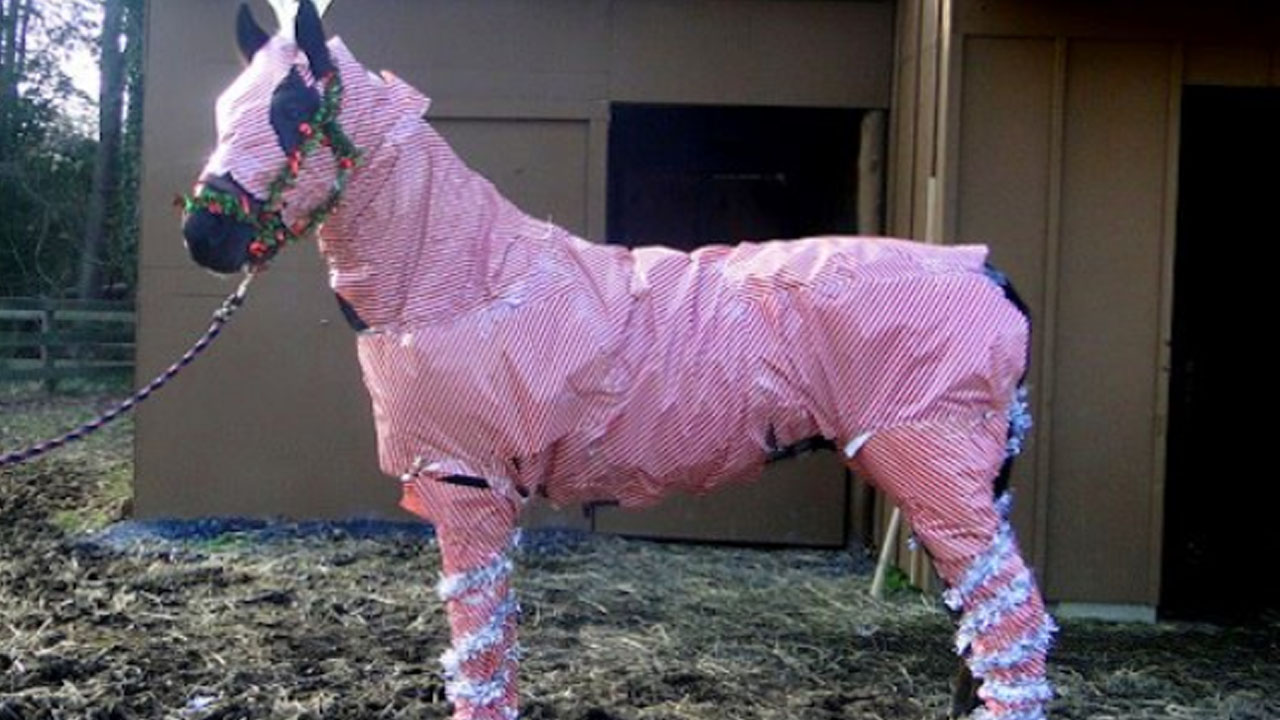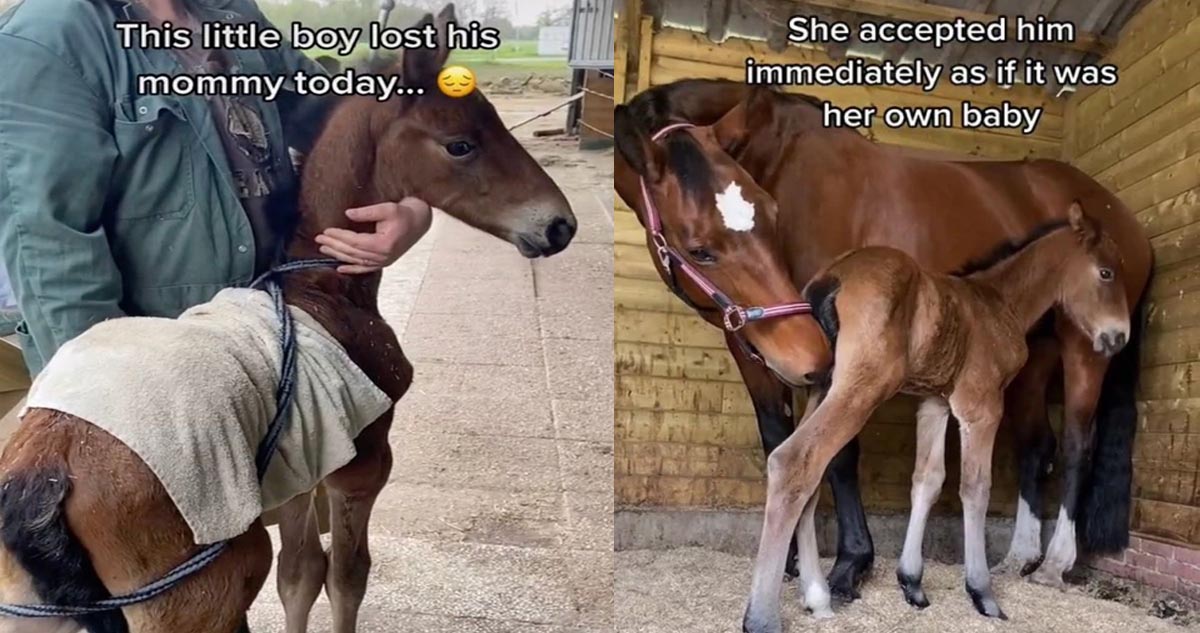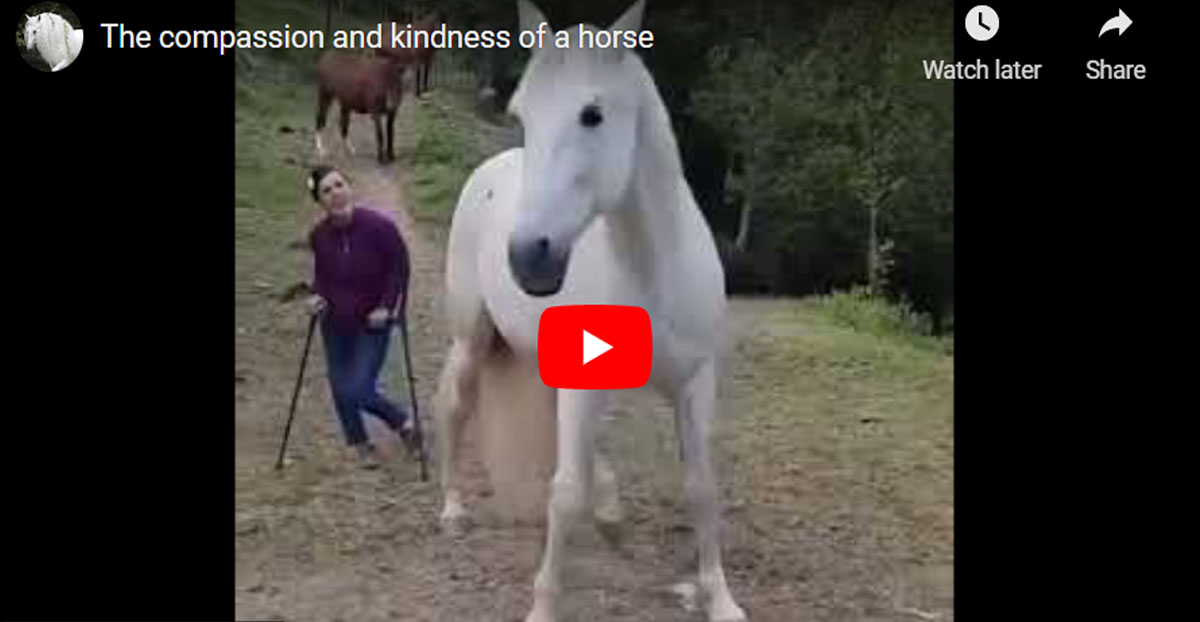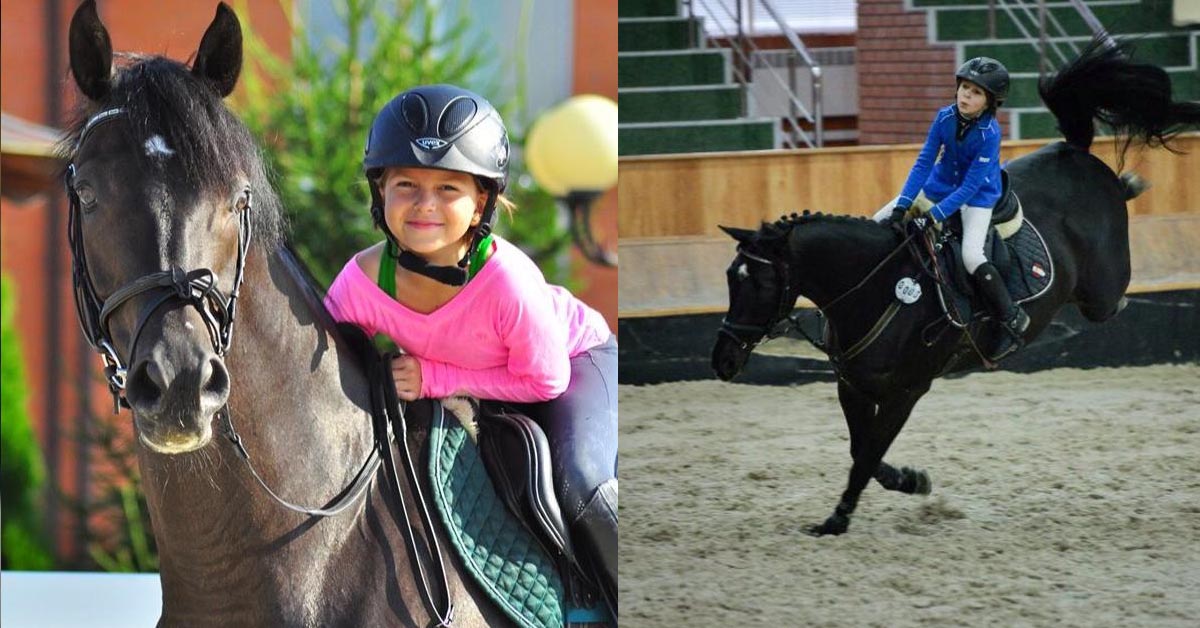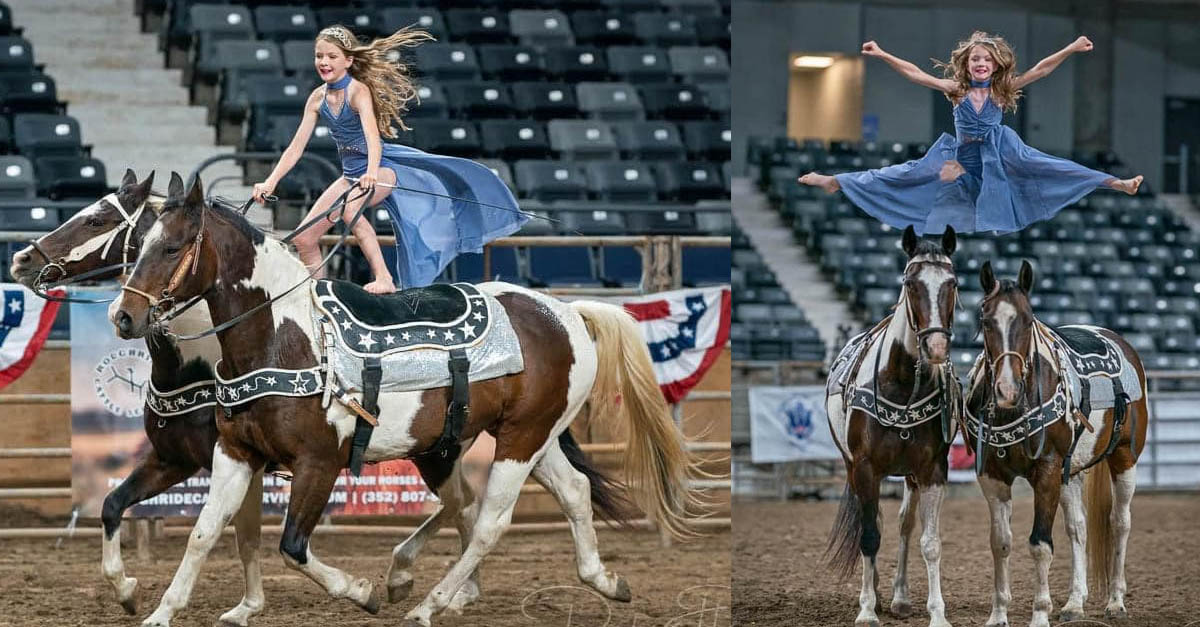Horse Pregnancy... What to Expect
Horse pregnancy! The result of hard work and successful horse breeding.
As we patiently await the new baby, it is up to us, as owners, to properly care for, and prepare our mare for foal birth.
At this point, as outlined in the horse breeding information section, it is likely that you have invested quite a bit of time and money, planning and organizing this big event.
So, we need to educate ourselves on what our mare will be experiencing and what we can do to make sure she is healthy and comfortable.

Learning the gestation period of horses and figuring mare foaling dates is very important for several reasons. This information sets the timeline of each horse pregnancy stage and the care your mare will need during each of these stages.
As exhibited by wild horses mating, mares are naturally quite tough and resilient. Although her daily horse care daily horse care should be modified to meet the suggested requirements while in foal, allowing her to be a horse is important as well.
Consistent daily exercise is important and hopefully you have a safe horse pasture that includes a horse shelter. Unless you live in an extremely cold climate, providing a horse stall for a foaling mare prior to the last month before her due date is probab
ly unnecessary. Regular visits from your farrier will keep horse hoof health in check.
I strongly encourage consulting with your chosen doctor of equine veterinary care on when to schedule maintenance pregnancy exams.
Also, discuss what horse vaccinations are recommended for your area and when they should be administered. These vaccines play an important role in the prevention of abortion caused by EHV-1 and the production of antibody rich colostrum.
Proper horse deworming should be continued as prescribed by your veterinarian.
You need to know what type and how much horse grain to feed, and even more important, what kind and how much horse hay to provide.
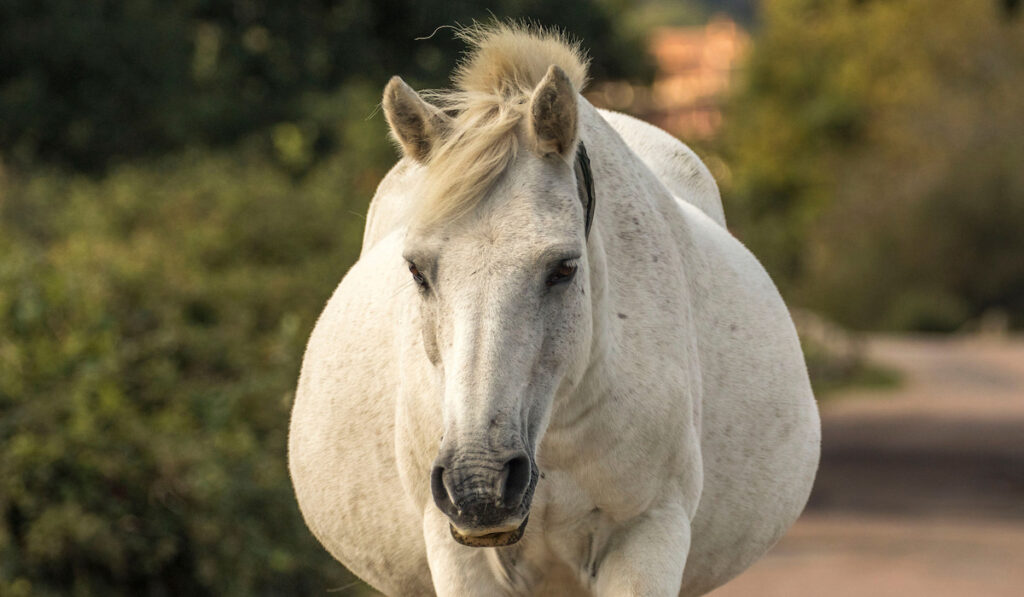
Fescue hay should be avoided during the last trimester.
Always err on the side of caution and contact your veterinarian if you have any questions.
As her due date gets closer, know when and what to look for in udder development and how to recognize mare behavior when foaling.
At the other end of this spectrum are the occasions when unwanted horse pregnancy occurs. This can be the result of an unplanned horse breeding, undetected twinning early on, or unsuccessful twin reduction. Your veterinarian can explain the options.

As we patiently await the new baby, it is up to us, as owners, to properly care for, and prepare our mare for foal birth.
At this point, as outlined in the horse breeding information section, it is likely that you have invested quite a bit of time and money, planning and organizing this big event.
So, we need to educate ourselves on what our mare will be experiencing and what we can do to make sure she is healthy and comfortable.

Learning the gestation period of horses and figuring mare foaling dates is very important for several reasons. This information sets the timeline of each horse pregnancy stage and the care your mare will need during each of these stages.
As exhibited by wild horses mating, mares are naturally quite tough and resilient. Although her daily horse care daily horse care should be modified to meet the suggested requirements while in foal, allowing her to be a horse is important as well.
Consistent daily exercise is important and hopefully you have a safe horse pasture that includes a horse shelter. Unless you live in an extremely cold climate, providing a horse stall for a foaling mare prior to the last month before her due date is probab
ly unnecessary. Regular visits from your farrier will keep horse hoof health in check.
I strongly encourage consulting with your chosen doctor of equine veterinary care on when to schedule maintenance pregnancy exams.
Also, discuss what horse vaccinations are recommended for your area and when they should be administered. These vaccines play an important role in the prevention of abortion caused by EHV-1 and the production of antibody rich colostrum.
Proper horse deworming should be continued as prescribed by your veterinarian.
You need to know what type and how much horse grain to feed, and even more important, what kind and how much horse hay to provide.

Fescue hay should be avoided during the last trimester.
Always err on the side of caution and contact your veterinarian if you have any questions.
As her due date gets closer, know when and what to look for in udder development and how to recognize mare behavior when foaling.
At the other end of this spectrum are the occasions when unwanted horse pregnancy occurs. This can be the result of an unplanned horse breeding, undetected twinning early on, or unsuccessful twin reduction. Your veterinarian can explain the options.

